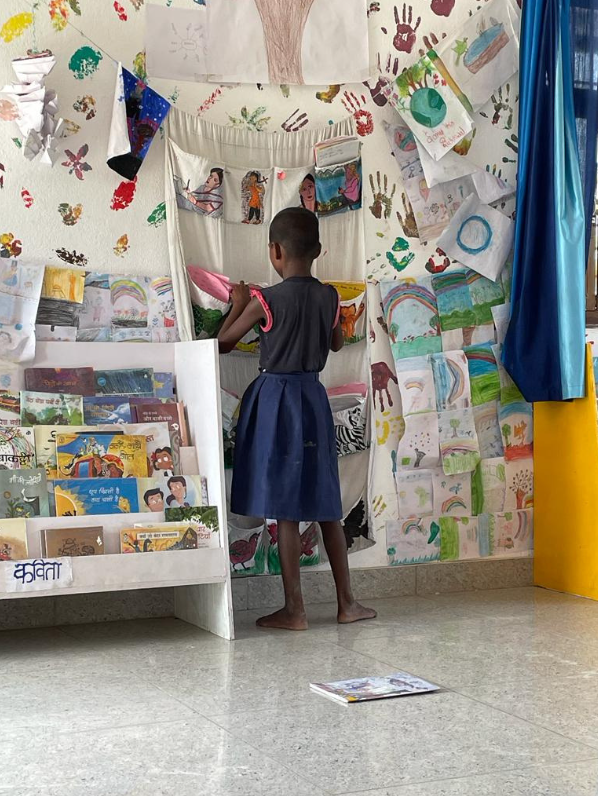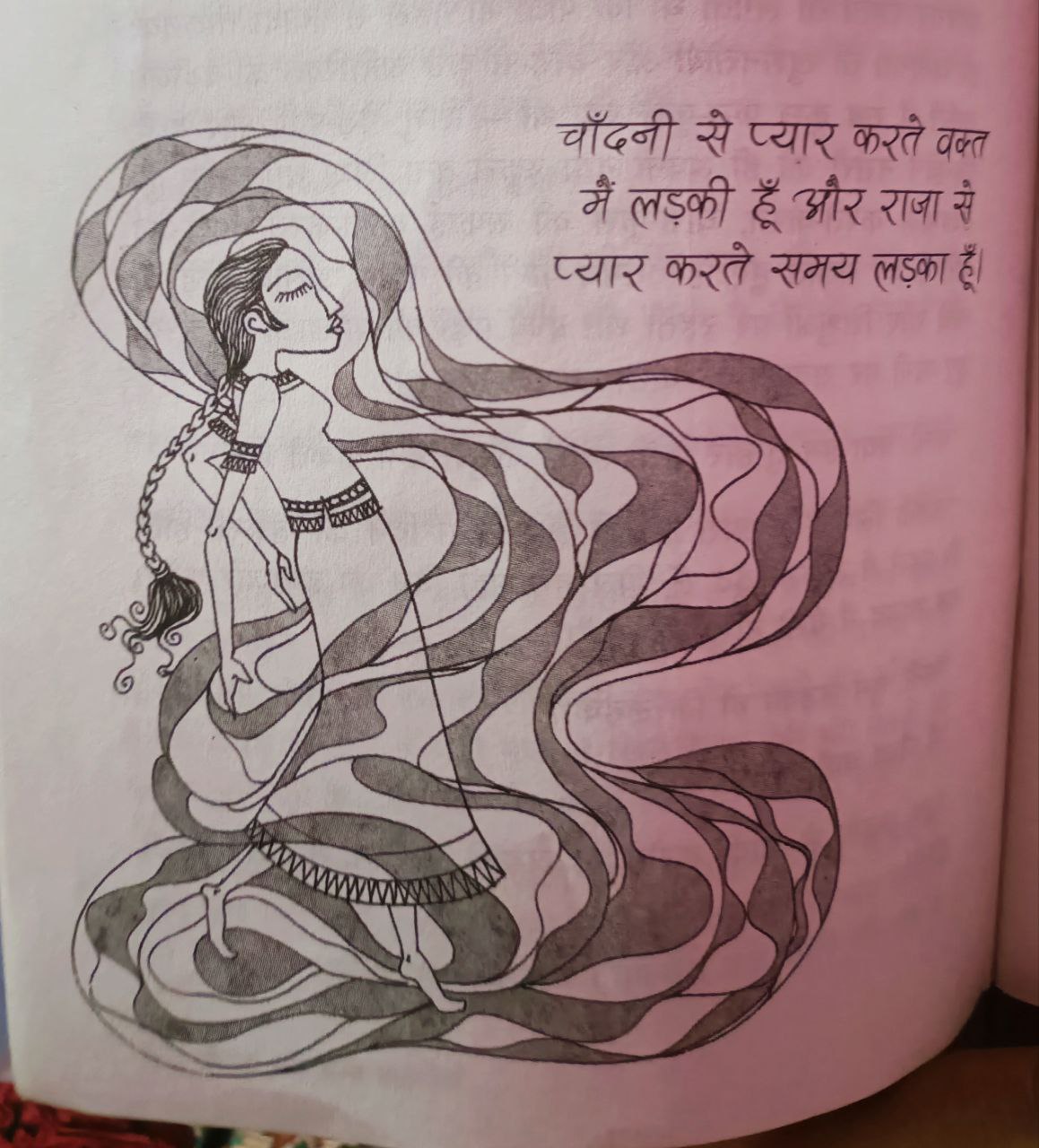While sitting in my study room and having the luxury of being fascinated by reading people’s stories, stories of change, the numerous campaigns, and slogans, one word constantly came up. Empowerment. It became so familiar that I had never actually taken the time to ask, “What does it really mean?“
As someone who appreciates etymology, I must admit that I never really pondered where did it derive from. Or how did it get the meaning we understand today. I’m sure that I have used it multiple times, sometimes in the right context and sometimes loosely. Often, when there was no need to use it or when it was not even about empowerment.
This time, I got an opportunity to think about the word when we (all fellows) did a masterclass on Empowerment. It was with Sushma Iyengar. She asked us to recall the instances where we may have used the word. There were diverse responses. Some people, including me, had used it in the context of the respective communities we are working with. Some fellows shared that the project they’re working on, helps empower people. While some had used it for themselves when they learnt a new skill, for example, to ride a scooter.
At the root of all, however, was the thought that it was somewhere outside. However, Sushma emphasised on the fact that the word ‘power’ within ’empowerment’ is inside us.
When I searched for its etymology, I found this – The term “empowerment” comes from the word “empower,” which in turn comes from the combination of two old English words, “em-” and “power.” The prefix “em-” in old English means “to cause to be.” It is related to the idea of putting something into a particular state or condition. While the word “power” comes from “pōwer,” which refers to the ability, authority, influence or control. When you combine these two, “empower” essentially means “to enable someone with the ability, authority, influence or control to do something.“
Later in the discussion, we reached the question – Is it only those who possess power (in conventional ways of authority, social status, skills, etc.) can empower? I thought NO. Because I had seen the instances where it was the other way round. The seemingly powerless had been the source of empowerment. For example, in my role of a library educator with PRAYOG, children, with their way of communicating and responding make me feel empowered. When they giggle at my failing attempts of speaking Bhopuri and correct me in an endearing way, they become my source of empowerment.

While working with them on various themes of engagement; caste, gender and childhood diversity have been some of the most prominent ones. In the beginning, I used to be clueless about beginning the conversation on these. Then, children’s literature came to my rescue.
Let me share an example from Ajooba, a story by Rinchin. She is known for her stories on children who come from a political and conflict-affected context. In this story, ‘Water’ is the central character. It is used as a metaphor to convey the fluidity of ‘identity’. The elders in the village are all up in the arms to decide the gender of water but children see it differently.
Water says, “...Magar bacchon ki nazrein alag hoti hai, wo kabhi pakka tay nahin kar paate”. The ambiguity in children’s eyes becomes the starting point for Water to find a refuge. Slowly, it earns the trust of villagers. It is the children who first began engaging with Water. There, it got to BE because children were not discriminating against it as per the societal construct of gender.

This also reminds me how power dynamics in society intricately connect with identities. A few years ago, Maharashtra saw huge rallies of demand for caste-based reservation by the Maratha community. I used to hear conversations in my family as to how the government should replace caste-based reservations with income/wealth based reservation. This was because they saw only the struggle for jobs and economic upliftment as the root of this conflict. However, in reality, social exclusion and denial of opportunities as well as resources are among the key causes of poor financial conditions of the marginalized caste groups.
Making it all about economic empowerment was missing the whole point. This underscores the fact that exclusion and identities are intertwined and people who stand at the crossroads of two or more disadvantaged identities face injustice and oppression in multiple ways.
Whose Empowerment Is It Anyway?
I’ve noticed that those who discuss ’empowerment’, like I’m doing here, are typically already in positions of influence. It’s like doing commentary from a comfortable pavilion while others navigate the field. The term evokes notions of power, yet often underlines the absence of it. Rarely have I seen discussions on the topic among those who need it more.
I’d have failed to realize this had I not gotten an exposure to work with local communities as an India Fellow. Paulo Freire’s take on empowerment is of high value here. He developed an interpretation of the word in context of philosophy and education. He defined it not as something that occurs from outside to inside, but from within.
From Within
This part of the discussion with Sushma resonated the most as it brought back ruminations over thoughts of freedom and spirituality. It re-emphasised the idea that empowerment is personal, a safe place within each one of us. It may have not awakened for all, but it exists. This way, empowerment no longer only needs empowering the other, but a genuine recognition of the power that lies within individuals and by culmination, the community.
One risk is that it can be and is often misinterpreted, becoming an excuse to sideline the needs of people who genuinely require support, keeping them in the cycle of persistent struggle. Adaptation to constraints starts being glorified to the extent that it turns into neglect and a ‘do it on your own’ attitude.
While it feels like a beginning to see empowerment in a new light, my understanding will also evolve. Right now, my heart yearns to hear the stories of empowerment, each as they are on their own.
Reference: Pedagogy of the Oppressed by Paulo Freire




0 Comments